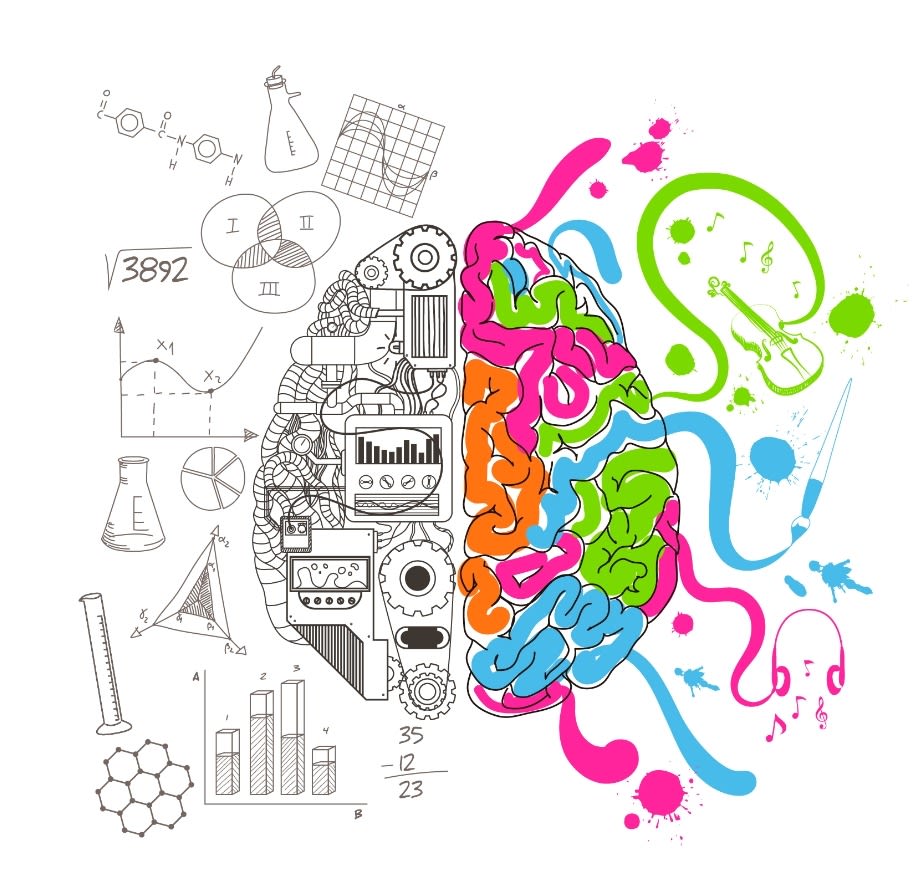The Benefits of Video Games

Cognitive Benefits
From games on our mobile phones to dedicated machines that are built to play them, video games have undoubtedly become a staple in households across the world, providing joy, connection and a means of escaping the confines of reality. These games bring you into worlds that go beyond what you can imagine.
However, are video games actually beneficial?
Contrary to the often-negative stereotypes, video games offer a plethora of benefits, one of which is cognitive. Video games, especially those that involve puzzles or strategic challenges, significantly boost problem-solving abilities.
Games like "The Legend of Zelda" series or "Portal" require players to think critically and solve complex puzzles to advance. This constant engagement with challenging scenarios hones players' analytical skills and improves their ability to think on their feet.
Genres like role-playing games (RPGs) and real-time strategy games (RTSs), which are some of my favourites, require players to adapt to new situations and make quick decisions. Games like "Final Fantasy" or "Starcraft" present dynamic environments where players must constantly reassess and adjust their strategies. This mental flexibility translates into better adaptability and creative thinking in real-life situations.

Educational Benefits
As someone who was part of the K–12 education system, games like "Math Blaster" or "Oregon Trail" made learning incredibly enjoyable and interactive. I loved that I was learning not just by reading and writing but also by interacting with characters and stories.
These games were designed to teach specific skills or knowledge areas, making education fun and engaging. By turning learning into a game, players often retain information better and develop a positive attitude towards education, and personally, this fact was true for me.
Not only that, but as I grew up, many games required players to remember intricate details, follow complex storylines, or memorise sequences and patterns. Games like "Assassin's Creed" or "Civilization" immerse players in historical settings, encouraging them to learn about different cultures and time periods.
This active engagement with content helps improve memory and knowledge retention while also challenging players to think critically and make informed decisions that can make a lasting impact in the world they're immersed in. This builds upon your sense of accountability and responsibility.

Social Benefits
One of the more prominent staples of modern gaming is multiplayer games such as "World of Warcraft" or "Counter-Strike," which foster social connections among players that have proven to go beyond just the video game.
Many video games emphasise cooperative gameplay, requiring players to work together to achieve common goals. Games like "Overwatch" or "Minecraft" encourage teamwork and teach players how to collaborate effectively. These skills are valuable and have proven to impact an individual's ability to function in both personal and professional settings, where teamwork and cooperation are essential.
These games provide platforms for people to meet, interact, and collaborate with others from around the globe. The shared experiences and teamwork often lead to lasting friendships and a sense of community for those who find it hard to build community in external circles.
For individuals who may feel isolated or lonely, online gaming communities offer a valuable social outlet. Engaging with others through games can reduce feelings of loneliness and provide a sense of belonging. This social interaction is particularly beneficial for those who struggle with social anxiety or find it difficult to connect with others in traditional settings.
Having said that, if you would like to learn how to create and develop games, consider taking courses or joining a community of game developers to learn from others in the industry. Where to start? Learn more about the world of Game Development here.

